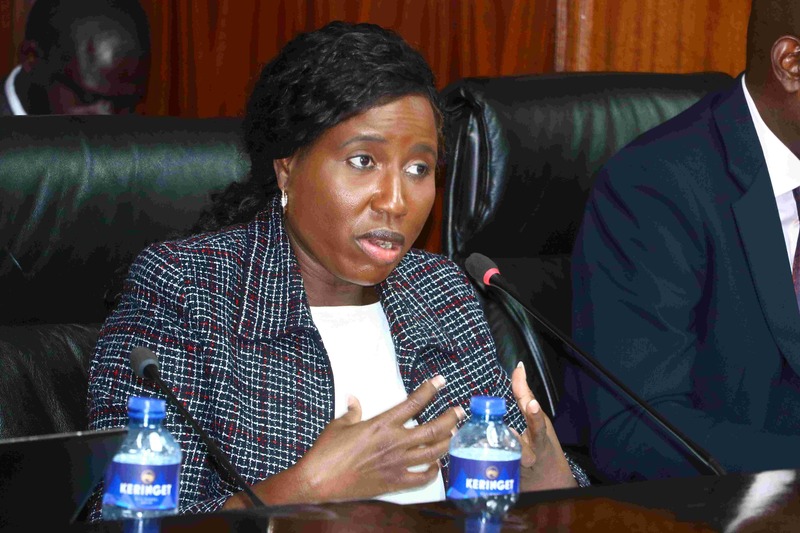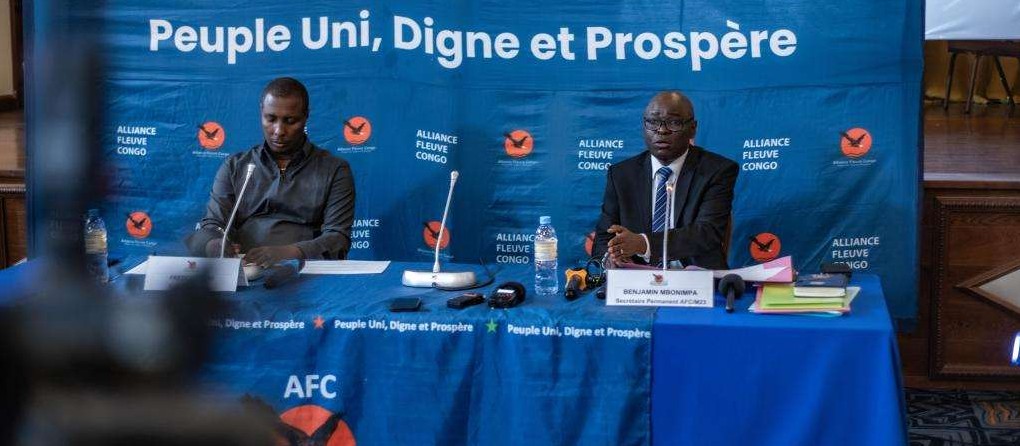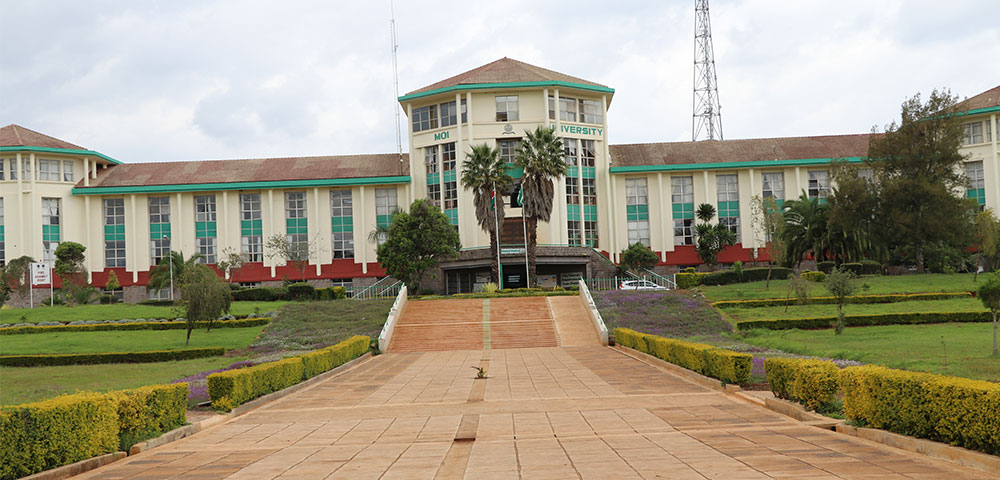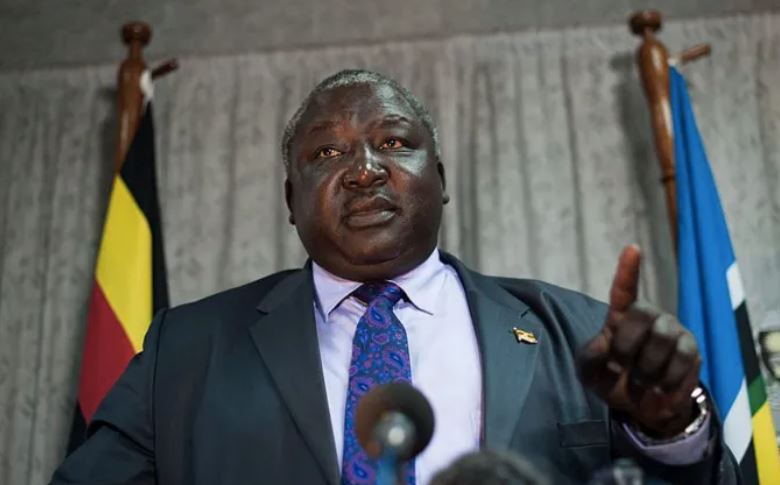Kenya's public universities 'staring at collapse' without urgent reforms, PS warns

Among the most heavily indebted institutions are Kenyatta University, which owes Sh12.38 billion; the University of Nairobi, with Sh12.22 billion; and Jomo Kenyatta University of Agriculture and Technology, which owes Sh9.13 billion.
Kenya’s public universities are staring at collapse unless sweeping structural reforms are undertaken to fix crippling financial woes, Higher Education Principal Secretary Beatrice Inyangala has warned.
Addressing university council leaders at a retreat in Mombasa, Inyangala said entrenched mismanagement and rigid systems have left the institutions drowning in debt and unable to function effectively.
More To Read
- HELB disburses Sh9.46 billion to over 309,000 university students, easing fee confusion
- 21 public universities at risk of collapse due to Sh42.5 billion debt, Auditor General warns
- 12 public universities cannot account for land, assets worth Sh19.6 billion, audit reveals
- Public universities' debt hits Sh76.1 billion, raising sustainability concerns - Auditor General
- Government slashes university fees to ease financial burden
- Education CS Julius Ogamba announces major shake-up in public university leadership
“Most of our universities are in crisis. The time to change our future is now. We must reengineer university management and adopt cost-cutting measures,” she said.
Kenya’s public universities are grappling with massive debts, reduced government funding, and internal inefficiencies that have triggered frequent industrial unrest, stalled operations, and left some institutions on the brink of closure.
Among the most heavily indebted institutions are Kenyatta University, which owes Sh12.38 billion; the University of Nairobi, with Sh12.22 billion; and Jomo Kenyatta University of Agriculture and Technology, which owes Sh9.13 billion.
The debts are owed to suppliers, statutory bodies including the National Social Security Fund and Kenya Revenue Authority, pension schemes, and contractors. These obligations have significantly disrupted operations in many institutions.
Inyangala urged university council chairs to rethink their approach to management by adopting financial innovation, cost-efficiency strategies, and enterprise models to stabilise the higher education sector.
“This can be done by strengthening internal audit and quality assurance departments for the identification and mitigation of risks,” she said.
National Assembly's Departmental Committee on Education Chairperson Julius Melly challenged universities to stop over-relying on government support and begin generating revenue through alternative sources such as student enrolment, enterprise development and research grants.
“As chairs of your universities, you must look at ways to be financially self-reliant through student enrolment, research grants and enterprise development,” he said.
“Universities should no longer be seen solely as academic institutions but as entities capable of generating income.”
President William Ruto’s senior economic advisor Moses Kuria added that university leaders must embrace a new mindset and operate with an entrepreneurial outlook.
“Vice Chancellors should be trained to think like CEOs. If a VC can’t run a business like Safaricom, they shouldn’t be running a university,” Kuria said.
He also called for a re-evaluation of the role of chancellors and encouraged the use of technologies such as Artificial Intelligence to develop sustainable commercial models.
“We must also rethink the role of chancellors and tap into technologies such as Artificial Intelligence to develop sustainable commercial models,” he said.
Top Stories Today














































